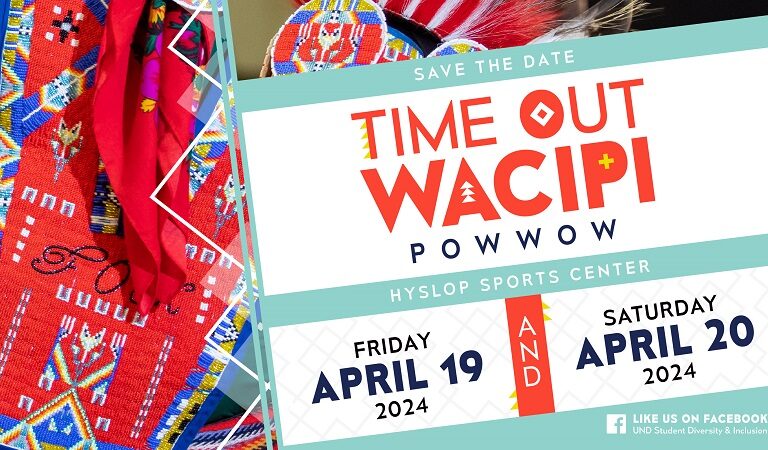Digital Press celebrates Open Access Week by publishing ‘Mobilizing the Past for a Digital Future’
 The region’s leading Open Access publisher, The Digital Press at the University of North Dakota celebrates Open Access Week (#OpenAccessWeek) with the appearance of its most recent book, Mobilizing the Past for a Digital Future: The Potential of Digital Archaeology.
The region’s leading Open Access publisher, The Digital Press at the University of North Dakota celebrates Open Access Week (#OpenAccessWeek) with the appearance of its most recent book, Mobilizing the Past for a Digital Future: The Potential of Digital Archaeology.
The study of the ancient world requires the most modern tools. In the 21st century, archaeology is no longer the domain of picks, pith helmets, and sharpened trowels. It is a high tech enterprise. Archaeologists now take high-powered laptop computers, tablets, drones, and sophisticated software and workflows in the field with them. In Mobilizing the Past for a Digital Future: The Potential of Digital Archaeology, Erin Walcek Averett (Creighton University), Jody Michael Gordon (Wentworth Institute of Technology), and Derek B. Counts (University of Wisconsin-Milwaukee) bring together 17 papers authored by the most creative thinkers on technology and archaeological field practice. Introduced by a sweeping survey of the intellectual and practical issues surrounding digital practices in archaeology and anchored by two critical reflections, the volume is more than merely a survey of new technology, but stands as an enduring monument for a discipline undergoing rapid and dramatic changes.
“A book critically exploring next generation of digital tools published as a free Open Access volume is a perfect combination. The Digital Press at the University of North Dakota is incredibly honored to be involved in pushing the discipline of archaeology forward through providing high-quality, peer-reviewed, Open Access scholarship,” said Bill Caraher, UND associate professor of History and the book’s publisher.
Publishing cutting-edge, open access scholarship contributes directly to the North Dakota University System’s recent Open Educational Resources initiative, said Caraher. Removing cost barriers allows scholarship to find its way into classrooms more quickly and to influence both current researcher and the next generation of scholars.
“A commitment to Open Educational Resources goes beyond finding good open access materials to use in our research and teaching and requires us to give back to the open access ecosystem. The Digital Press at the University of North Dakota reflects UND’s commitment to enriching both our students and classrooms as well as the wider open access community,” said Caraher.
Mobilizing the Past for a Digital Future emerged from a workshop (funded by the National Endowment for the Humanities) held in 2015 at Wentworth Institute of Technology in Boston that convened many of the leading practitioners of digital archaeology in the U.S. for a weekend of dialogue. The papers and conversations from this workshop formed the basis for the case studies presented in this volume and demonstrate the tremendous diversity in the digital tools used in archaeological field practice. From drones in the Andes to iPads at Pompeii, digital workflows in the American Southwest, and examples of bespoke, DIY, and commercial software, technology now provides solutions and crafts novel challenges for field archaeologists.
Published by The Digital Press at the University of North Dakota, Mobilizing the Past is available as a free, open-access download with online supplemental material or in paper form from Amazon.com.


